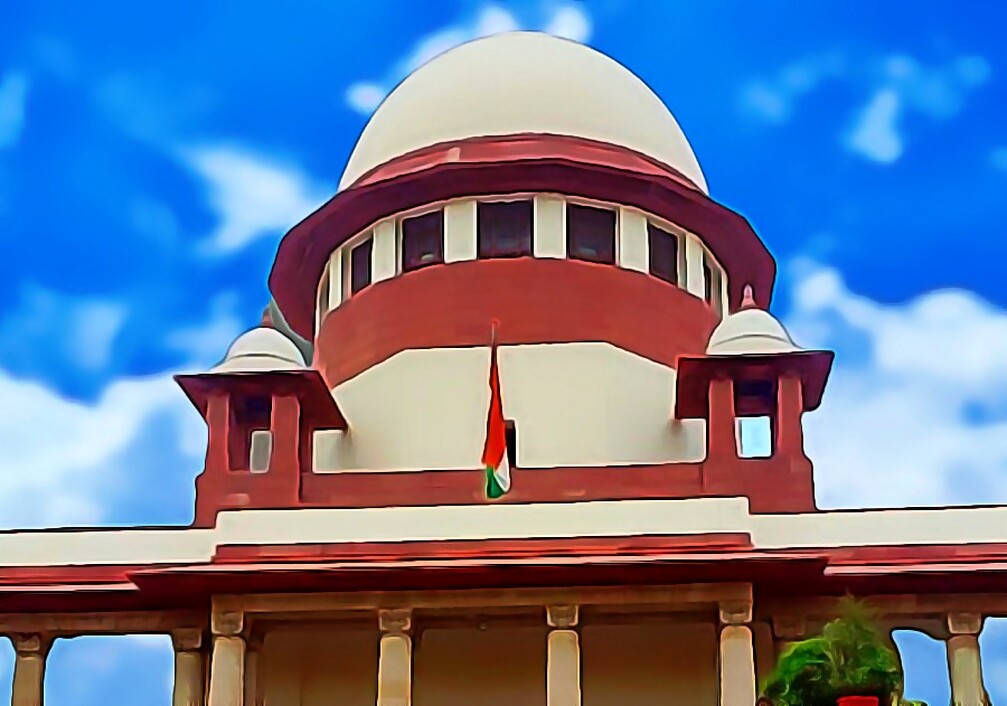University can’t deduct portion of employees’ salary as donation without obtaining their consent: Calcutta HC

Read Order: Sudipta Bhattacharyya & Ors v. Visva-Bharati & Ors
LE Staff
Kolkata, July 30, 2021: The Calcutta High Court has ruled that an employer does not have the power or the authority to deduct any portion of an employee’s salary unilaterally and forcefully under the garb of donation to the Chief Minister’s Relief Fund.
A Bench of Justice Amrita Sinha observed that if a donor’s act is involuntary and a result of force, the deduction is unlawful and differs grossly from donation.
This ruling came in relation to a prayer made by teachers of Visva Bharati University, Shantiniketan pleading that the salary of one day deducted by the University from their account with the aim of donating to the Chief Minister’s Relief Fund, West Bengal in aid of the people affected by cyclone Amphan, merits to be refunded.
Justice Sinha opined that the petitioners being employees of the University are entitled to receive a fixed and definite basic pay at the end of each month.
Receiving salary for the services rendered is a valuable right in the hand of the employee and he is free to donate or not as per his/her wishes, added the High Court.
Observing that donation must be a voluntary act by a person who intends to donate, Justice Sinha criticized the action of the University and said that the apparently noble work to stand by the needy got marred due to their overzealous approach.
The Bench, however, refrained from issuing directions to refund the amount deducted from the petitioners’ salaries, as it was deducted in May 2020 and the money may have been used for the aid of the needy and the organization that received the money will not be able to refund the already utilized money.
The counsel for the University submitted that the deduction was made u/s 14(3) of the Visva-Bharati Act, 1951 which permits the Vice-Chancellor to exercise any power conferred on any authority of the University if immediate action is necessary on any matter.
Thrashing these arguments, the High Court made it clear that the expression “any matter” under the Act would still mean any matter authorized by law and the Vice-Chancellor did not have unbridled power to act contrary to law, as per his whims and fancies.
It was noted that the Act does not permit the University to suo motu deduct portions of an employee’s salary under the garb of donation, and further it cannot be made a mandate.
However, the High Court refrained from issuing directions to refund the amount deducted from the petitioners’ salaries, as it was deducted in May 2020 and the money may have been used for the aid of the needy and the organization that received the money will not be able to refund the already utilized money.
The High Court finally concluded that the benevolent act of donation must be of the donor’s free will and must not be obtained by coercion.
Sign up for our weekly newsletter to stay up to date on our product, events featured blog, special offer and all of the exciting things that take place here at Legitquest.




Add a Comment